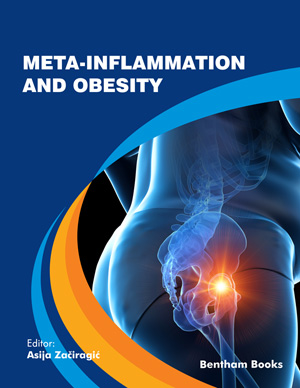Abstract
Current evidence suggests that obesity, in addition to being a contributing factor for cardiovascular and metabolic disorders, also increases the risk of Alzheimer's disease (AD). It is well-documented fact that the brain is significantly affected by the inflammatory condition of obesity i.e. meta-inflammation via several pathways. Some systemic inflammatory and metabolic mediators produced by adipose tissue cross the blood-brain barrier in certain conditions. The most essential outcome is the activation of the brain-resident microglia and astrocytes contributing to CNS inflammation. Multiple studies have shown the existence of inflammatory markers in the brain and serum of post-mortem AD. In addition to the role of meta-inflammation, recent research has shown that insulin resistance and impaired insulin signaling can contribute to the development of AD as well as other neurological disorders. With this in mind, a group of scientists has proposed the term brain diabetes, or diabetes type 3, for cognitive impairment in AD patients, to unify the metabolic inflammatory pathways of the development of the disorder. The purpose of this is to show that AD is more than just an aggregation of oligomeric and fibrillar Ab deposits in the brain tissue. The disorder is represented by many pathological alterations, such as a lower degree of metabolism, blood-brain-barrier disturbance, and glial activation. Although not all signaling pathways involved in these processes are known yet, this new name could open a new field in the treatment of neurodegenerative impairments, to either prevent or slow down their development.
Keywords: Alzheimer disease, Antidiabetics, Diabetes type 3, Inflammasomes, Insulin resistance, Meta-inflammation, Obesity, Proinflammatory cytokines, TNF-α.






















